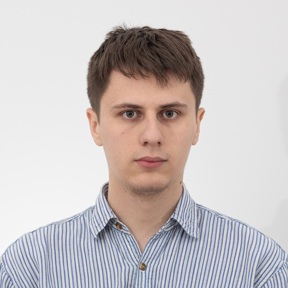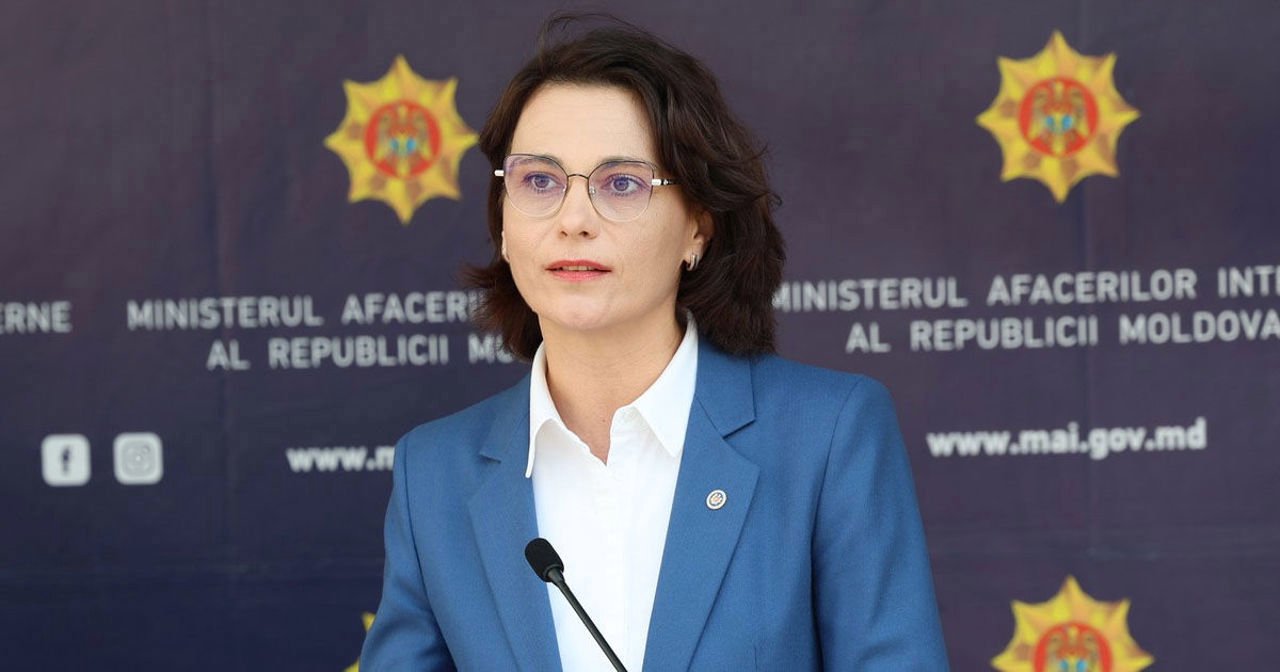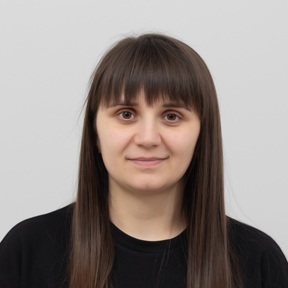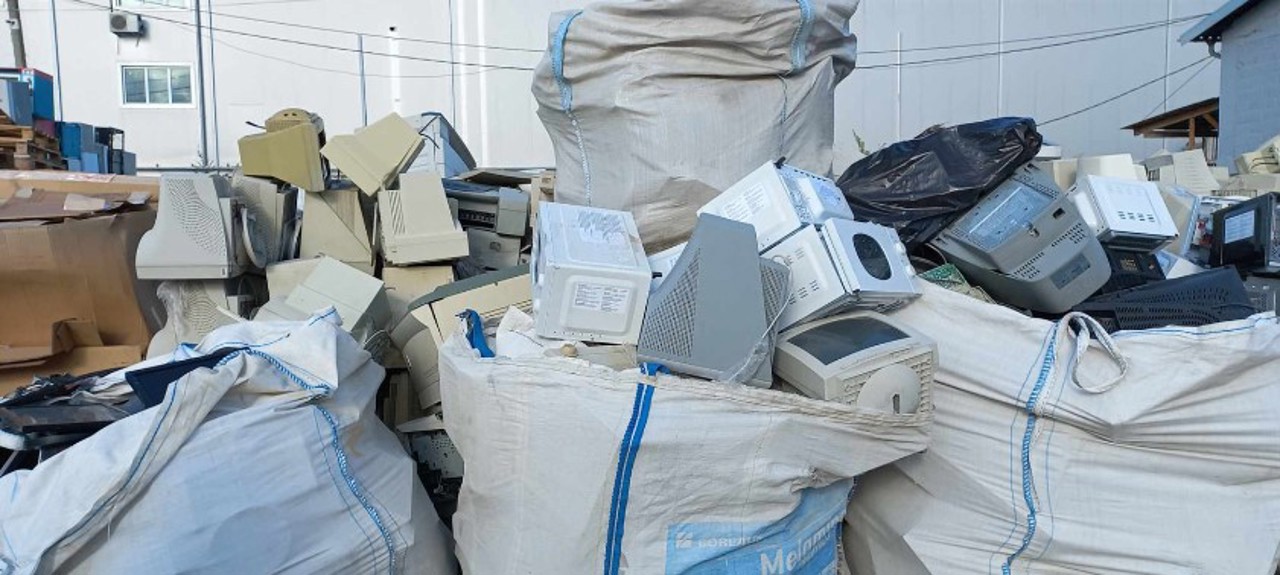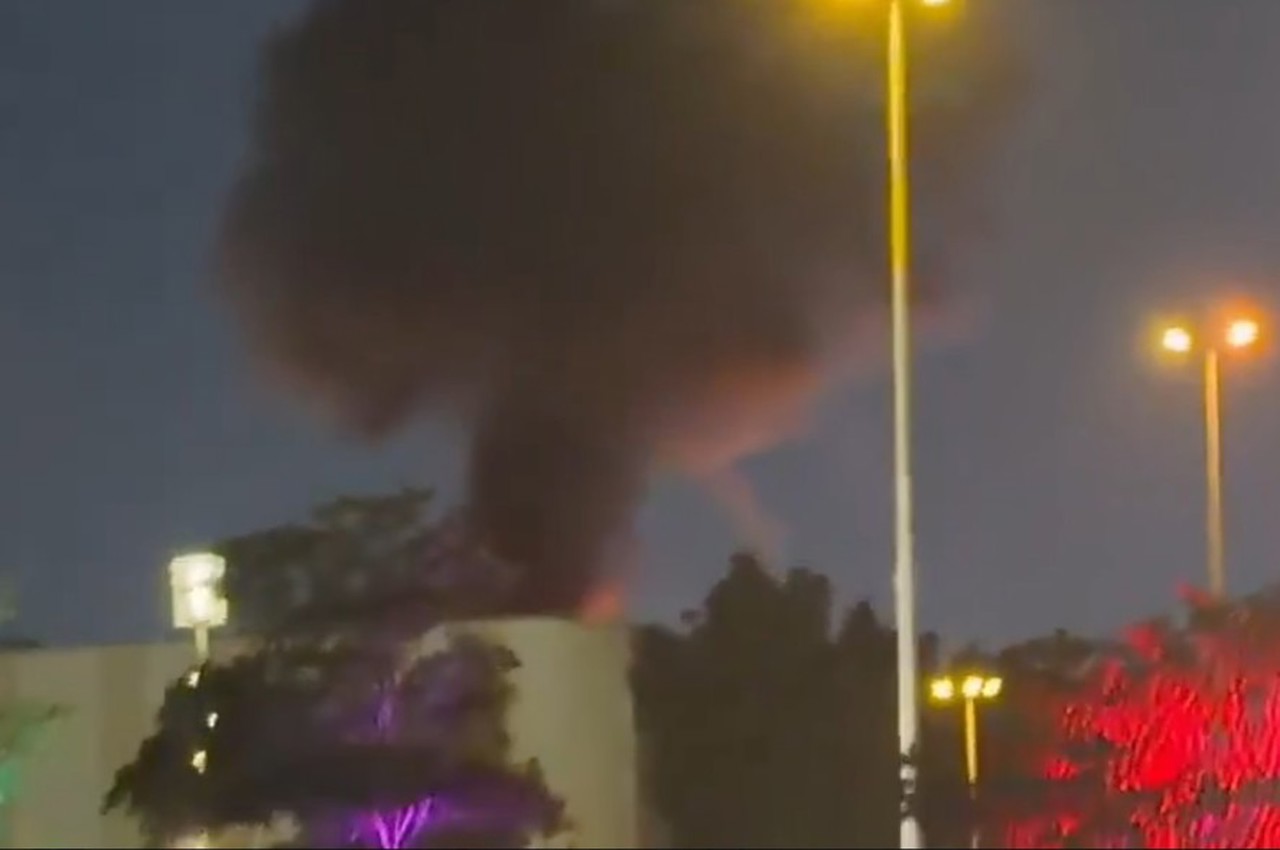Moldova's shifting sands: Protests, reform, and unresolved tensions
Moldova in 2023 was a political landscape in flux, defined by internal clashes, reshuffled power dynamics, and persistent external pressures.
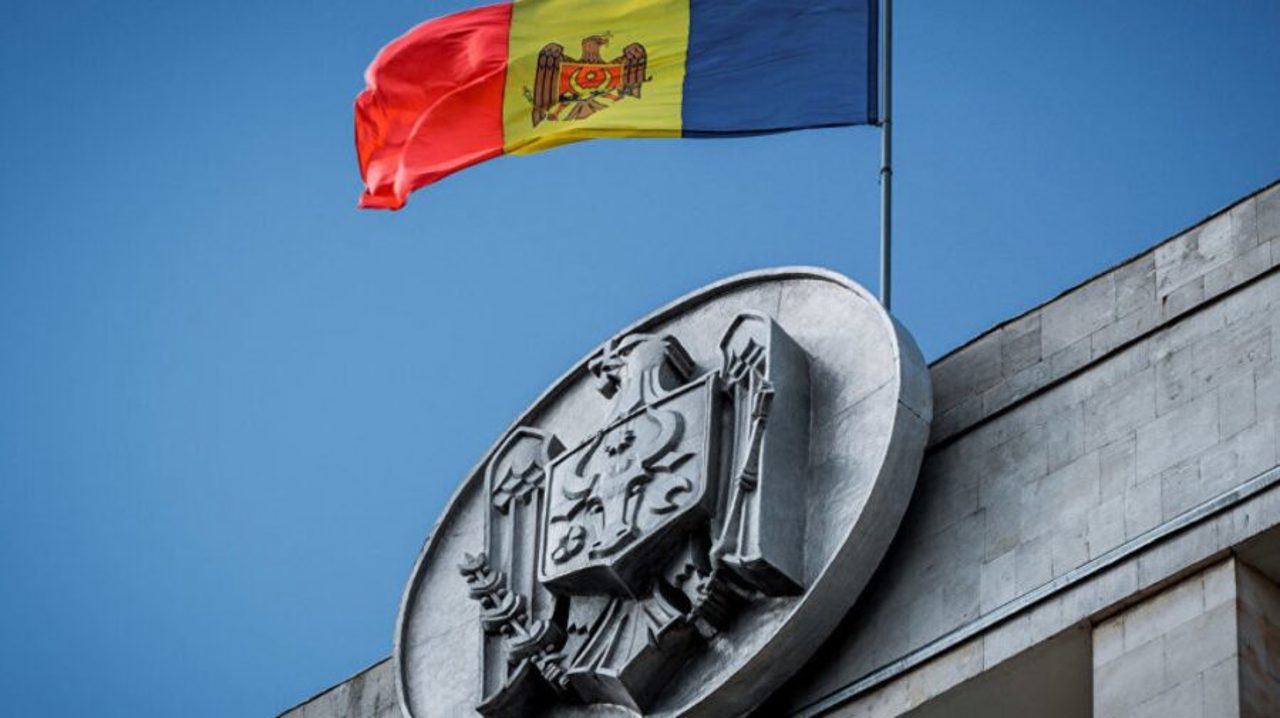
The year opened with protests echoing both support and dissent, as pro-government rallies demanded the reinstatement of suspended TV stations, while the now-defunct Party of Shor, led by fugitive businessman Ilan Shor, took to the streets, fueling social anxieties.
Amidst the mounting economic pressures of the Ukraine war, Prime Minister Natalia Gavrilița's government stepped down in February, paving the way for Dorin Recean. The new leader inherited a complex political scene and, in July, undertook a cabinet reshuffle, replacing key ministers in education, infrastructure, and internal affairs, signalling his commitment to efficiency and accountability.
May saw a surprising electoral twist in Gagauzia, an autonomous region with historical ties to Russia. Evghenia Guțul, a candidate from the Sor Party, became the governor, potentially shifting the political balance.
November's local elections yielded mixed results. While PAS secured the most council seats, the opposition Socialist Party of Moldova (PSRM) maintained its dominance in mayoral positions, highlighting the country's deep political divide.
President Maia Sandu added fuel to the fire by announcing her re-election bid for 2024 and proposing a referendum on European integration next autumn. This bold move promises to further amplify the ongoing political tug-of-war between pro-Western and pro-Eastern forces.
Throughout the year, Russia's looming shadow cast a long darkness over Moldova's stability. Accusations of media and electoral interference, coupled with warnings against NATO membership, kept tensions high and underscored the country's precarious geopolitical position.
Anticipating the 2024 elections, opposition forces attempted to solidify their ranks. Former Gagauzia governor Irina Vlah launched the "Moldova Platform" association, while ex-President Igor Dodon emphasised the need for a united front against Sandu.
On the other side, pro-European parties like Platform DA, the League of Cities and Municipalities, and the Party of Change joined forces, presenting a united front against the fragmented opposition.
As Moldova embarks on another electoral year, the echoes of 2023's political turbulence will undoubtedly continue to resonate. Whether the country can navigate its internal divisions and external pressures while charting a stable course towards its chosen future remains a critical question in the unfolding drama of Moldovan politics.
Translation by Iurie Tataru
